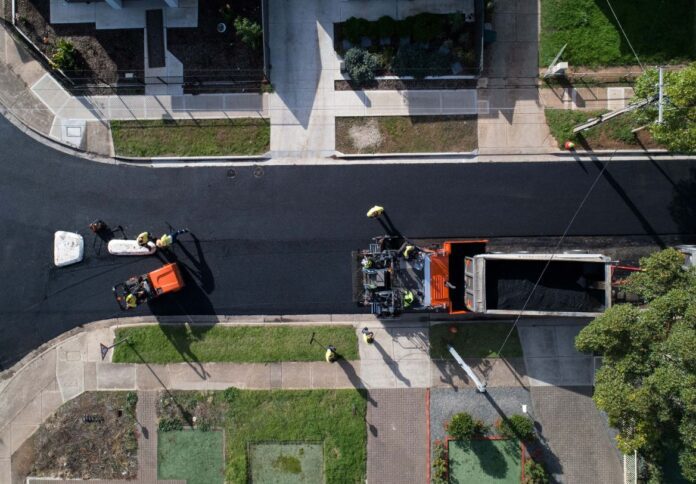
Tyre Stewardship Australia (TSA) has welcomed the Western Australian Government’s release of the National Project on Options for End-of-Life Tyres, saying the findings confirm the need for a regulated framework to strengthen recycling and manufacturing opportunities across the country.
The project examined how Australia manages used tyres and concluded that while the voluntary Tyre Product Stewardship Scheme (TPSS) has delivered benefits over the past 11 years, its potential is restricted by voluntary participation.
According to the WA Government’s analysis, limitations include the presence of free riders, cost burdens on communities, and missed opportunities for advanced manufacturing.
TSA said the report reflects its long-standing position that a regulated product stewardship scheme is required to unlock greater value from end-of-life tyres.
The study found that only about 30,000 tonnes of used tyres are currently directed into local recycling, while more than $50 million in resource value is lost annually from off-the-road tyres.
These lost resources restrict the supply of recovered materials that could replace virgin inputs and limit job creation in recovery and manufacturing industries.
Export reliance was also identified as a key risk, leaving the system exposed to changes in shipping costs, commodity markets, and exchange rates.
The WA Government concluded that a mandatory, broad-based stewardship scheme would provide greater stability, support local recovery, and stimulate higher-value manufacturing markets.
TSA highlighted that shifting end-of-life tyres into advanced recovery pathways could generate tens of millions – and potentially more than $100 million – in additional resource value each year, creating long-term benefits for recyclers and manufacturers while advancing Australia’s circular economy.
The organisation has called on Federal and State Environment Ministers to proceed with a detailed cost-benefit analysis of a regulated stewardship scheme, describing the release of the report as a pivotal step towards better environmental, economic, and industry outcomes.
The WA Government has made both the options analysis and the supporting technical study publicly available.



















